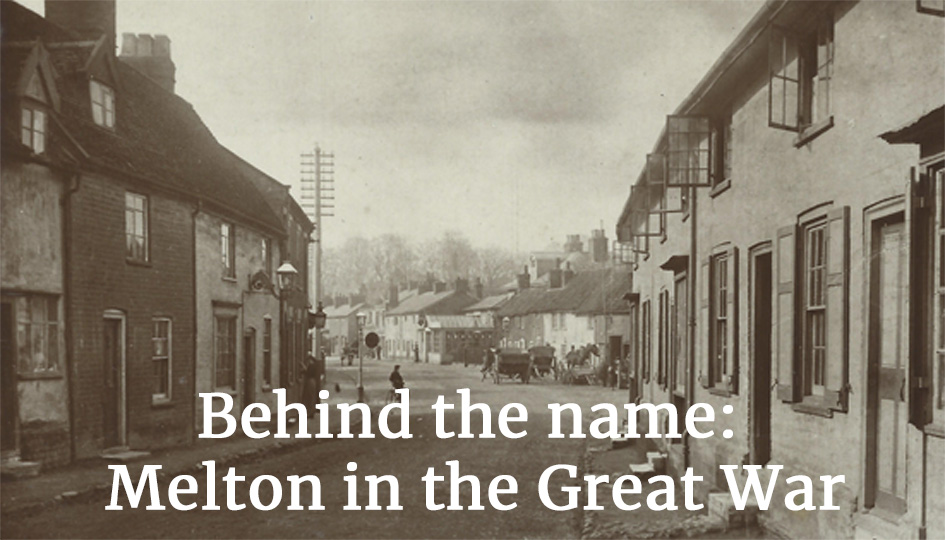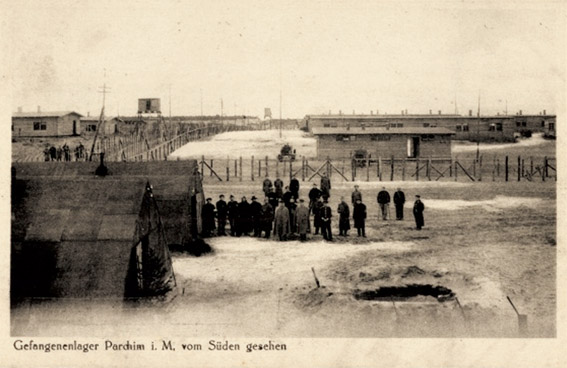Walter Damant was born in Melton on 26th February 1886. In 1901, he was living at home and employed as a houseboy. Ten years later, he was working as a gardener in Fingringhoe, Essex.
Walter enlisted in the services on 18th November 1915 and was mobilised on 1st March the following year. After four months of training with the 12th Battalion, Essex Regiment, he was posted to France, arriving on 8th July 1916. Ten days later, Walter joined the 2nd Battalion, Essex Regiment, on the front line at Bertrancourt, the Somme.
Walter and the 2nd Battalion were involved in the Battle for Transloy Ridges on 10th September, an action during the Battle of The Somme. Remaining with the battalion throughout 1917, Walter also participated in the Battle of Arras in the spring. On 20th September 1917, the battalion was posted north, to Belgium, to take part in the Third Battle of Ypres. They fought in the Battle of Poelcapelle and were in reserve for the First Battle of Passchendaele. After only a month in Flanders, the battalion returned to the Somme.
On 28th March 1918 at 03:00, the German army mounted an attack as part of the Spring Offensive on the trenches occupied by the 2nd Essex Regiment, near Gavrelle. By 07:40 the war diary says:
“Enemy break through on both flanks and advance down CHILI trench towards Battalion HQ (BHQ). Battalion Headquarters withdraw to junction of CHILI, HARRY and HUSSAR trenches with about 35 Other Ranks. Strong Point formed to check enemy advance. BHQ moved to 2nd Lancs Fusiliers HQ and remaining men came under their command. Casualties; 11 Officers missing, 1 wounded. 15 OR killed, 55 wounded and 342 missing.”
Walter was one of the missing soldiers. Word came through on 12th August 1918 that the German Army had taken him prisoner. International Red Cross records show that by July 1918, he was imprisoned at Parchim in Mecklenburg, Germany. After the war ended, Walter was released and returned to Britain on 2nd December 1918. He was discharged from the army on the 31st January 1919 and for his war service received the British War and Victory Medals and the Silver War Badge.
On 22nd February 1930, Walter married Edith Fisher in Wood Ditton, Cambridgeshire. His occupation on their wedding certificate was listed as gardener. In 1939, the couple were living in Newmarket and Walter was working as a road-mender for the local council.

